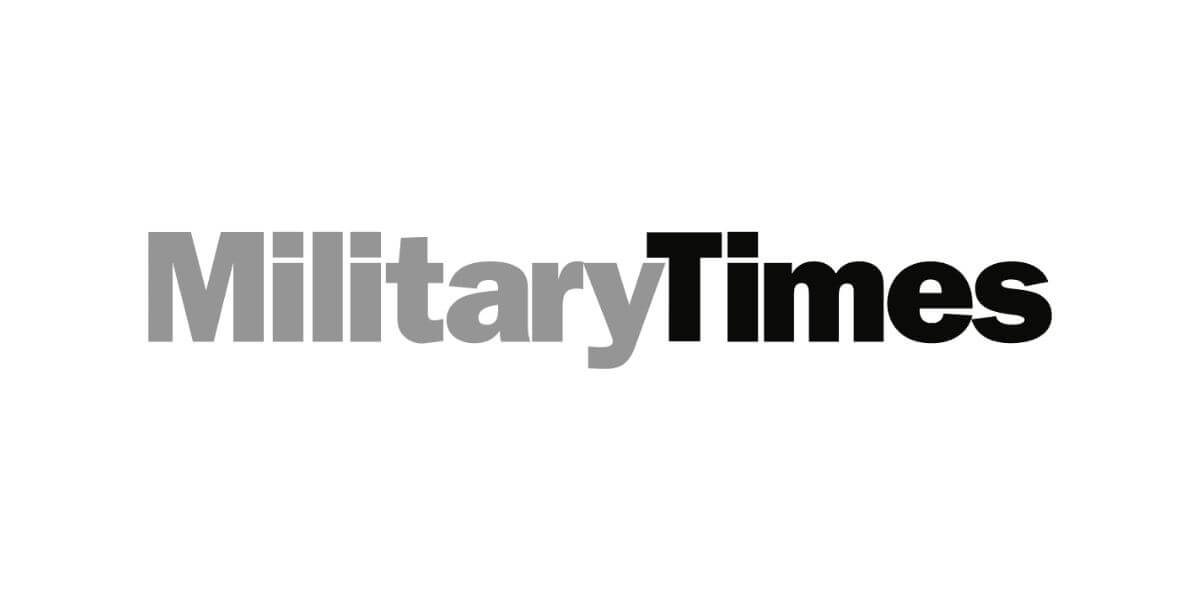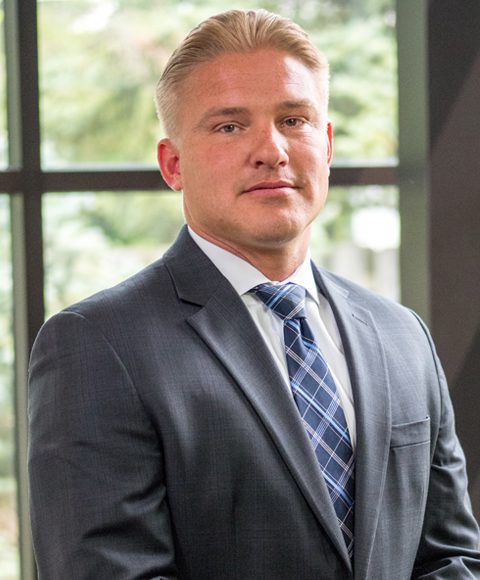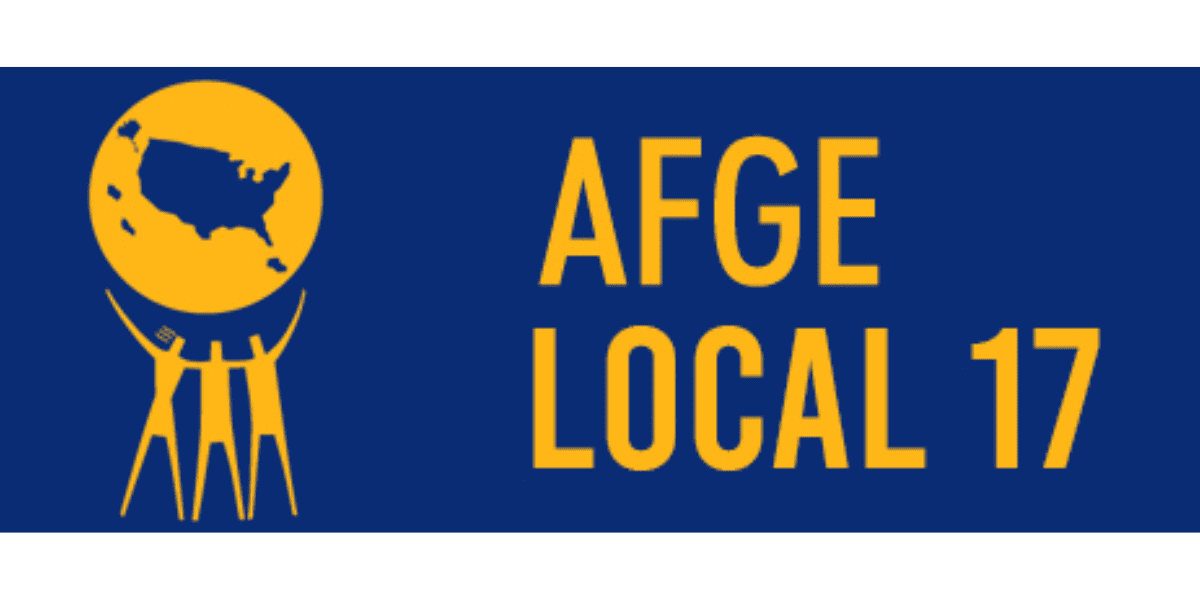The clock is ticking for service members to get their COVID-19 vaccines, as all of the services have set deadlines before the end of the year for active-duty and most reserve troops.
Fewer than 10 percent of the active-duty force, and 30 percent of the total force, remain completely unvaccinated. Those who don’t have a medical reason but refuse to roll up their sleeves could face administrative or other repercussions, unless they are approved for a rather rare waiver for religious reasons.
“We’re going to make sure that every individual who has reservations about taking the vaccine, for whatever reason, is properly counseled about the safety and the efficacy of the vaccines, and the health risks for not taking it,” Pentagon spokesman John Kirby told reporters in August. “As well as counseling the readiness impact of not taking it ― the impact that an individual would be having on his or her teammates.”
Determining how common religious exemptions are is difficult. Each of the services is in charge of the process and approval for their service members, and they track exemptions in their own ways.
The most recently available data shows that the Navy and Marine Corps have zero religious vaccine exemptions on the books, which hasn’t changed since the Defense Department announced its intention to mandate COVID-19 vaccination in August.
Back then, the Air Force reported 336 administrative exemptions, which includes religious exemptions, but they were unable to break those out individually, out of a force of roughly 500,000.
The other kind of administrative exemption can be granted to troops who are within six months of separation from service, on leave, in the middle of a permanent change-of-station move, absent-without-leave or otherwise missing.
As of Wednesday, according to Air Force spokeswoman Ann Stefanek, no further exemptions had been approved.
The Army currently has 106 administrative exemptions, spokesman Lt. Col. Gabriel Ramirez told Military Times on Monday, which includes religious exemptions. The total Army includes just over 1 million soldiers.
The Army declined to share a number COVID-19 exemptions that have been approved since the mandate came down, keeping in mind that the service’s components have months to fully vaccinate.
Some temporary exemptions, including any for temporary leave, pregnancy, medical treatment or others, may expire before those deadlines.
Any waiver involves an extensive process that not only informs the service member of the risks they’re taking ― either to their health or careers ― by not getting vaccinated, but also a rundown of alternatives.
Medical exemptions can be granted for a variety of reasons, including past adverse reactions to vaccination, allergies to vaccine ingredients or a handful of conditions that the CDC recognizes as high-risk.
For example, the Johnson & Johnson vaccine contains polysorbate, which some people are allergic to. In that case, Pfizer or Moderna are a safer alternative.
For those citing religious opposition, the process is much more involved. Decisions are approved by service personnel directorates or medical commands, with the recommendation of commanders, after consultation with staff judge advocates, chaplains and physicians.
Ethical dilemmas
As part of longstanding regulations, service members seeking religious exemptions for vaccination have to write a short essay on the reasons for their opposition, then be counseled legally, medically and spiritually.
“The commander must counsel the individual that noncompliance with immunization requirements may adversely impact deployability, assignment, or international travel,” according to the regulations, all of which can affect a service member’s selection for promotion and eventually, whether they are able to stay in uniform.
For example, if someone seeking a religious exemption because the COVID-19 vaccines were developed with lab-replicated cells descended from aborted fetal tissue, they will have to make a case as to why they oppose this vaccine and not any others they’ve previously received.
The Chickenpox, measles-mumps-rubella and hepatitis A ― all required to serve in the military ― were also created using lab-replicated cells from aborted fetal tissue.
If a service member doesn’t have an existing waiver for these viruses, they’ll have to make the case that they need one for COVID-19.
A law firm that specializes in representing service members has fielded hundreds of requests to help draft waiver applications, according to one of its managing partners.
“I think the most recent approval that we received back was based on a pregnancy,” Tony Kuhn, of Tully Rinckey, told Military Times on Thursday. “So you know, some of them are religion-based, some of them are medical based. We’re winning both of them.”
Ten or so of their clients have successfully obtained waivers, Kuhn said, though none of them are considered permanent. The pregnant client, for instance, will likely still need to be vaccinated ― or have to submit another exemption request ― when the pregnancy ends.
Kuhn said that his clients have written in their application essays that they were unaware of ingredients and testing processes of other vaccines they may have received.
“Yeah, so we have not received any permanent waiver or accommodations,” he said. “And what’s unique about the COVID vaccine is that they ― I believe all branches at this point, or at least those that have spoken specifically to this issue, have made it very clear that they don’t intend to grant any permanent waivers.”
There is also some discussion about whether some of the vaccines violate any religious tenets in the first place.
The Pfizer and Moderna COVID-19 vaccines, which were tested on cells descended from aborted fetal tissue, are not considered sinful, Timothy Broglio, the archbishop for Military Services, USA, wrote in a statement Oct. 12.
Instead, he points to another widely available vaccine as questionable, though his statement doesn’t outright discourage getting vaccinated, or encourage refusal.
“The Johnson & Johnson vaccine was developed, tested, and is produced, with abortion-derived cell lines,” he wrote. “That vaccine is, therefore, more problematic. If it were the only vaccine available, it would be morally permissible, but the faithful Catholic is to make known his or her preference for a more morally acceptable treatment.”
Commands are having to parse through those ethical questions, as well.
“Initially, when we were putting these applications together, some of the commands came back and said, really, really short. ‘You know, we’re not going to grant this because there’s no fetal cell tissue contained in the vaccine,’ … but technically, it’s true, but it’s not about whether it’s contained in the vaccine,” Kuhn said. “It’s about whether the fetal cell lines were used in developing the vaccine.”
‘May be revoked’
Waivers also don’t necessarily cover all vaccines, or even an entire career. The Air Force, for example, doesn’t grant permanent religious exemptions, per its waiver policy.
In general, all religious exemptions are conditional.
“Religious exemptions may be revoked, in accordance with Service-specific policies and procedures, if the individual and/or unit are at imminent risk of exposure to a disease for which an immunization is available,” according to the DoD instruction, which would apply directly during the COVID-19 pandemic.
The Air Force’s active-duty deadline is Nov. 2, making Oct. 19 the last day to receive the final dose in order to be considered fully immunized by the deadline. Nov. 28 is the deadline for the active-duty Navy and Marine Corps, followed by Dec. 15 for the active-duty Army.
Four of the services have given their reserve personnel an extra 30 days, but the Army has given its reservists until the end of June.
Per regulation, troops who have a waiver pending are exempt while they wait for a decision.
Those granted waivers will still be subject to measures put in place to prevent unvaccinated individuals from bringing COVID-19 into the workplace.
In late July, President Joe Biden announced that all unvaccinated federal employees would be required not only to wear masks, but to submit to regular testing. The Pentagon followed that up by announcing it will create a policy accordingly. Federal employees are required to test weekly.
“I don’t want to speculate and hypothesize on what we don’t think will be a serious issue,” Kirby said in August, when asked about whether vaccine refusals among unexempted troops could result in criminal action.
As of Wednesday, 60 percent of the total force is fully vaccinated ― 1,383,388 troops ― with another 15 percent ― 338,000 troops ― who have received the first of a two-dose regimen.





